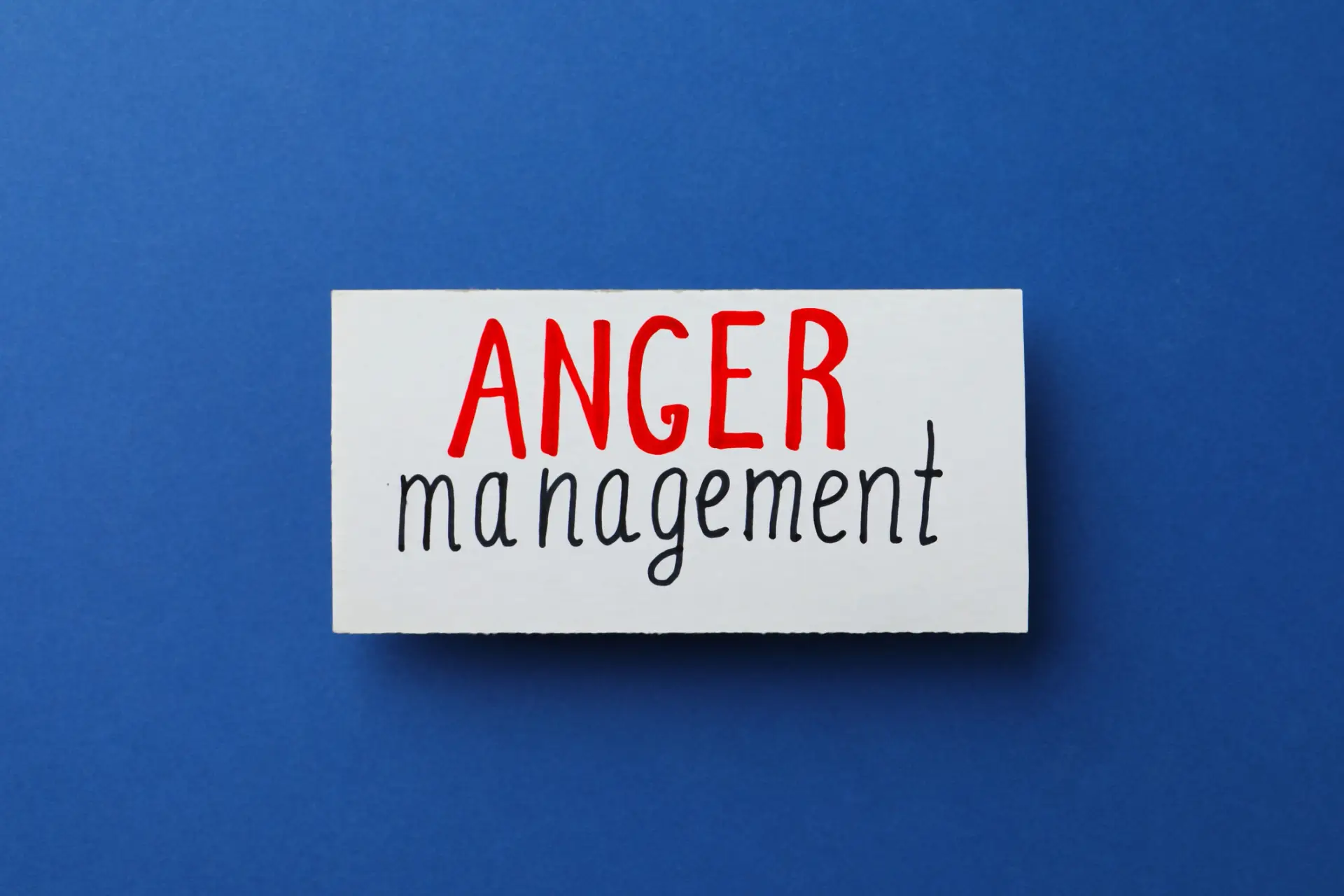April 11, 2025
Top 10 Anger Management Techniques (Backed by Science)

Anger is a natural human emotion, one we all experience from time to time. But when anger becomes overwhelming, frequent, or aggressive, it can negatively impact our relationships, work, and health. Thankfully, science has identified effective strategies to manage anger healthily and productively. If you’re dealing with court-ordered anger management or simply seeking better emotional control, these evidence-backed techniques can help you navigate life’s stresses more calmly.
Below are the top 10 scientifically proven anger management techniques designed for quick reference and ease of application, empowering you to regain control and improve your overall quality of life.
1. Deep Breathing Techniques
Our interpretation of events often triggers anger. Cognitive reframing involves consciously shifting your mindset to view challenging situations more objectively or positively.
- Example:
- Instead of thinking, “This always happens to me,” try, “This is frustrating, but I can handle it calmly.
Learning to reframe your thoughts can reduce emotional intensity and increase your emotional resilience over time.
2. Cognitive Reframing
Our interpretation of events often triggers anger. Cognitive reframing involves consciously shifting your mindset to view challenging situations more objectively or positively.
- Example:
- Instead of thinking, “This always happens to me,” try, “This is frustrating, but I can handle it calmly.”
Learning to reframe your thoughts can reduce emotional intensity and increase your emotional resilience over time.
Our interpretation of events often triggers anger. Cognitive reframing involves consciously shifting your mindset to view challenging situations more objectively or positively.
3. Mindfulness and Meditation
Mindfulness—the practice of staying fully present in the moment—has become a cornerstone in modern anger management programs. Regular meditation can strengthen your ability to remain calm under stress.
- Quick Mindfulness Exercise:
- Set aside 5–10 minutes daily.
- Focus quietly on your breathing or surroundings without judgment.
- Allow your thoughts to come and go freely, bringing your attention back gently whenever it wanders.
Scientific research confirms that regular mindfulness practice significantly lowers anger and stress responses.
4. Assertive Communication
Unexpressed anger often leads to aggression. Assertive communication enables you to express your needs and feelings clearly and respectfully, without aggression or passive aggression.
- How to Practice:
- Use “I” statements, such as, “I feel upset when meetings start late,” instead of accusations like, “You always waste my time.”
This approach fosters healthier relationships and reduces conflict potential.
5. Physical Exercise
Physical activity provides a productive outlet for anger, boosting endorphins—our body’s natural mood elevators.
- Recommended Activities:
- Walking, jogging, cycling, swimming, or yoga.
- Engage regularly, ideally 30 minutes daily.
Studies consistently demonstrate exercise’s role in significantly reducing anger and improving overall mental health.
6. Timeouts
Recognizing when you need a timeout can prevent anger escalation. Temporarily stepping away from triggering situations gives your emotions a chance to settle, promoting clearer thinking and more productive problem-solving afterward.
- Effective Timeout Tips:
- Politely excuse yourself.
- Move to a quiet, calming space.
Return once you’ve regained emotional control.
7. Journaling and Reflection
Writing your feelings down offers a powerful way to process emotions constructively and identify anger triggers.
- Journaling Steps:
- Note events that triggered anger.
- Record your reactions and thoughts.
- Reflect on patterns and how you might handle future events differently.
Research indicates journaling enhances emotional intelligence, increases self-awareness, and significantly decreases anger and stress.
Writing your feelings down offers a powerful way to process emotions constructively and identify anger triggers.
8. Use Humor Strategically
Humor can diffuse tense situations effectively. Appropriately timed humor, used sensitively and respectfully, can lighten the mood and reduce aggression.
- How to Implement:
- Acknowledge awkwardness or tension humorously.
- Avoid sarcasm or belittling humor.
- Practice laughing at yourself, gently, to ease tension.
- How to Implement:
9. Problem-Solving Skills
Anger often stems from feeling powerless or stuck. Developing structured problem-solving skills helps you manage emotions constructively.
- Structured Problem-Solving:
- Clearly define the issue.
- Brainstorm potential solutions.
- Evaluate options calmly.
- Select and implement a plan.
Structured problem-solving reduces anger by promoting proactive rather than reactive responses.
- Structured Problem-Solving:
Take the First Step for Your Child’s Emotional Health
When anger becomes challenging to manage alone, seeking professional assistance is vital. Professionals provide strategies, support, and accountability.
- Support Options Include:
- Counseling or therapy
- Anger management groups
- Court-approved online anger management classes
For a comprehensive understanding of professionally supported programs, read our Court-Approved Online Anger Management Classes: The Definitive Guide.
- Support Options Include:
Other Useful Resources
Take Control of Your Anger Today
Implementing these proven anger management techniques can improve your life dramatically. Whether facing court-ordered requirements or pursuing personal growth, our professional, court-approved online courses offer accessible, comprehensive support.
Take the first step towards calmer emotions and healthier relationships.
Disclaimer
This content is for informational purposes only and does not replace professional medical or legal advice. Consult qualified professionals regarding your specific needs.
Related Posts

Alcohol Awareness Classes and Probation: Understanding Your Requirements and Ensuring Compliance

How to Confidently Talk to Your Employer About a Court-Ordered Alcohol Awareness Class
Ready To Learn How To Manage Your Anger?



